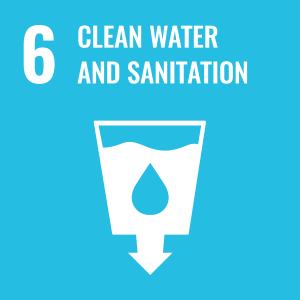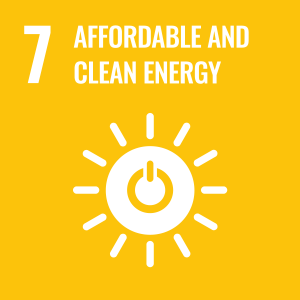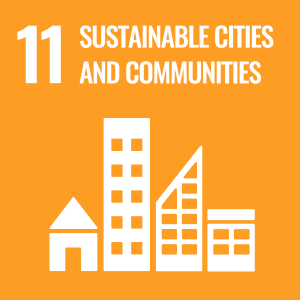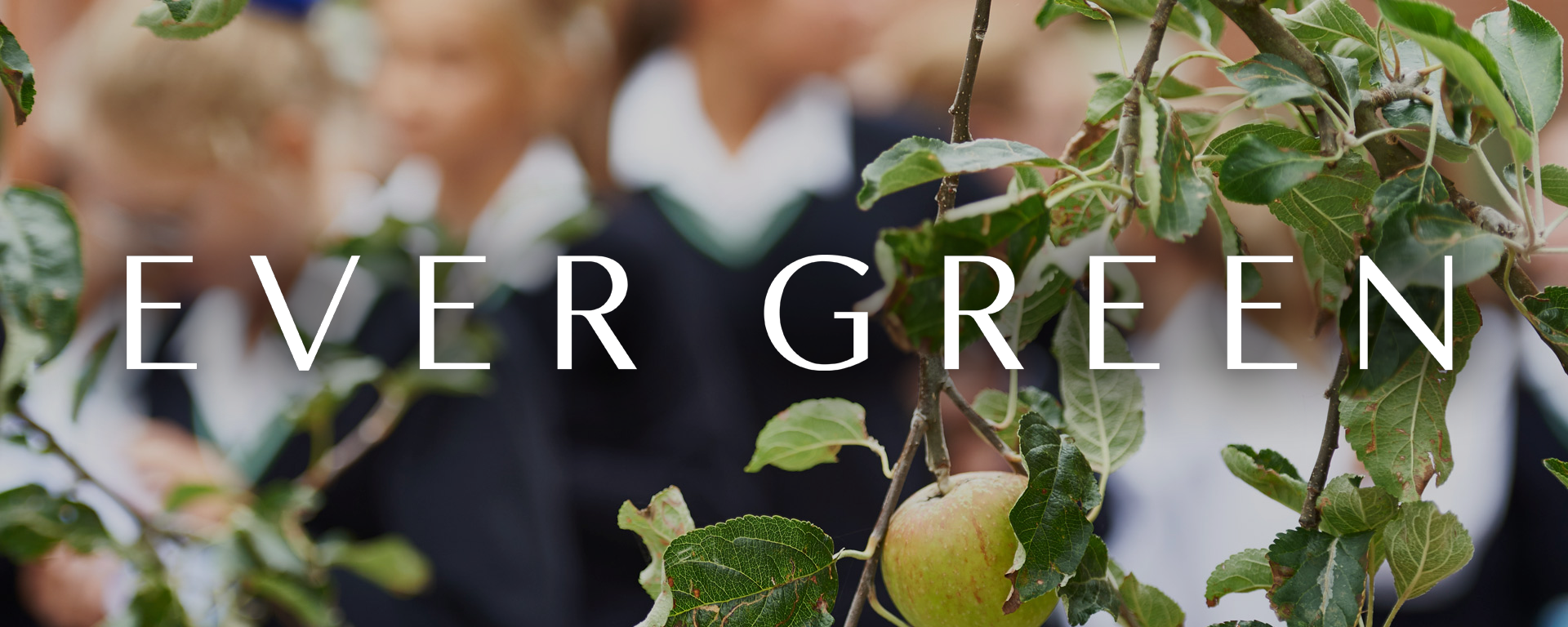Sustainable Development – a conversation with Ms Sinclair
Neha spoke with Ms Sinclair about the Wimbledon High’s drive to become more sustainable.
During the school’s Week of Action towards the UN Sustainable Development Goals, I interviewed Ms Sinclair, who has a degree in Natural Sciences as well as a Masters in Urban Resilience and Sustainability.
What was the Wimbledon Week of Action and what did it involve?
This week of campaigning and activities was all about informing and involving the community in sustainability and environmental awareness. In school, different events, quizzes, and competitions took place to promote sustainability. Many international climate conferences were delayed because of COVID-19, which therefore created a window to highlight the Global Goals, which complement our school goal to achieve a Green Flag Award. It was an opportunity to challenge ourselves to make a difference and raise awareness.
I asked what Ms Sinclair understood to be the biggest problem hindering sustainable development in the modern age. She argued that people see conquering the obstacles as ‘difficult or complex’ which creates a ‘lack of understanding’ of what these problems are. ‘We do what’s comfortable and therefore are not inclined to make a change,’ she told me. ‘I think it is really important to recognise that while there is often a very bleak message around the impacts of the Climate Crisis and the changes that we need to make, there are actually many positives that will come from them, including cheaper energy, healthier lifestyles and homes, and less inequality. Who would not want these?’





What can we do?
There are many easy ways to inform yourselves. You might watch UN documentaries or David Attenborough’s recent documentary, or explore Ted Talks resources and podcasts.
It is important to emphasize the power of individual choices. To live sustainably you can reduce the amount of meat in your diet, reduce food waste, turn off lights, stop driving fast, and stop taking long-haul flights.
Overall, we must begin to make changes on a small scale, she argues. ‘We all have a choice about what kind of future we want and have the power to do something.’

